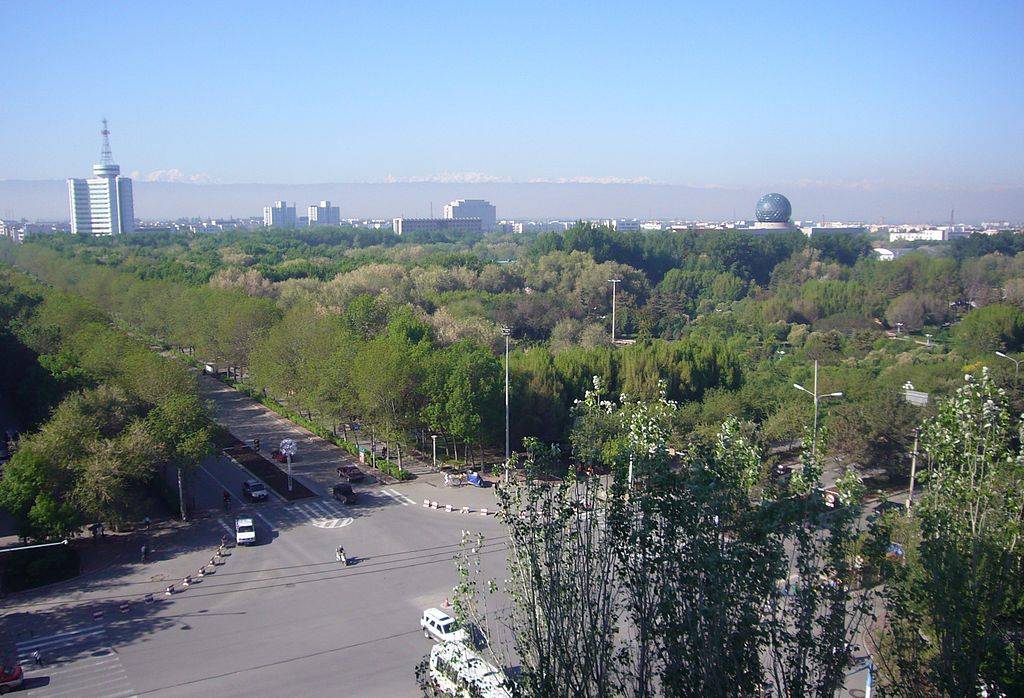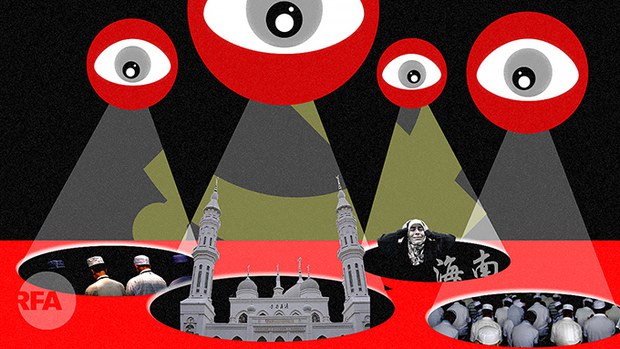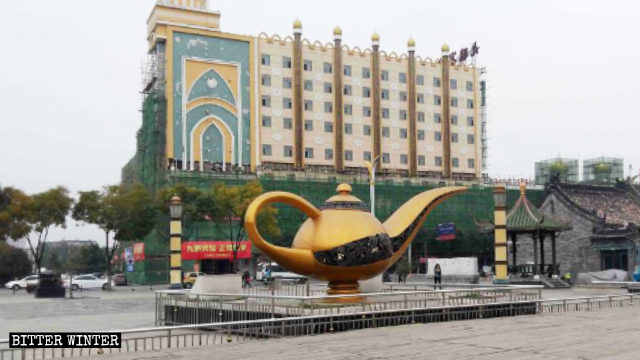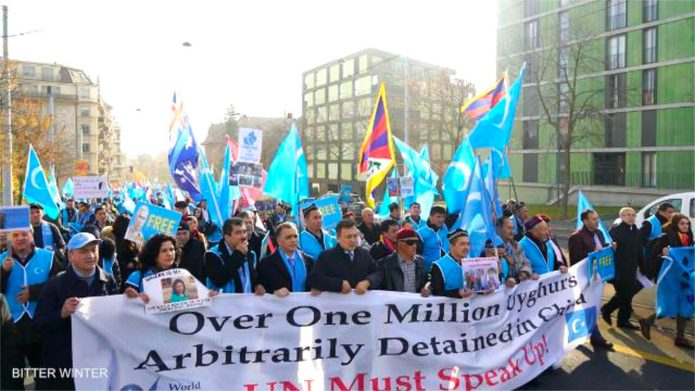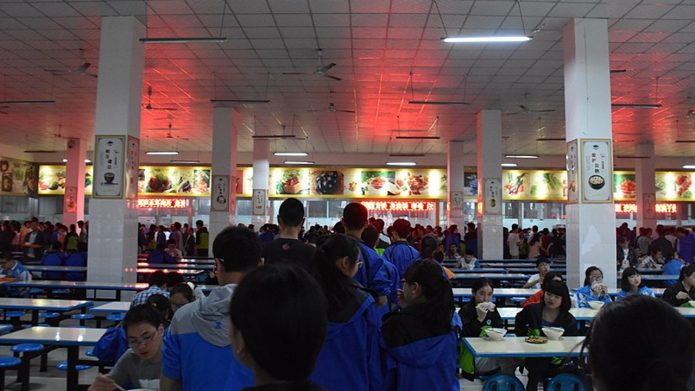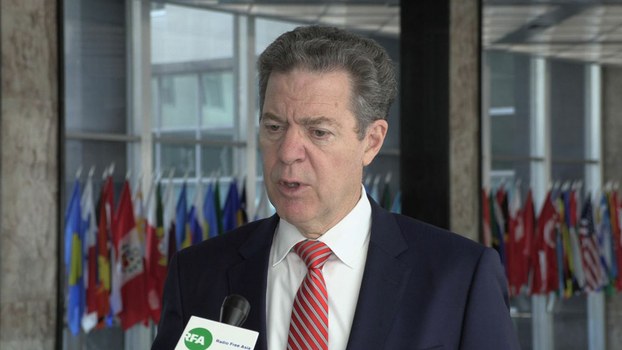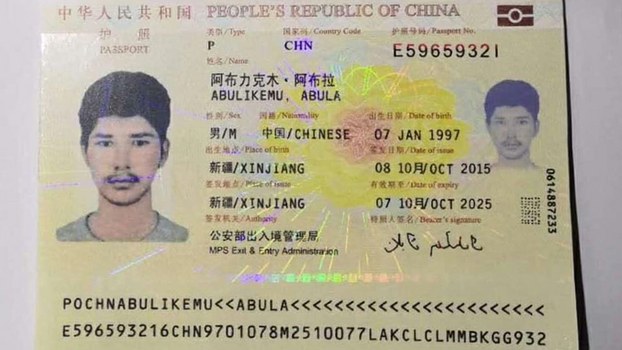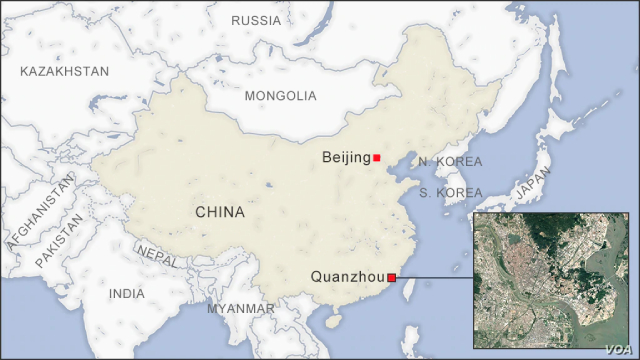
A few years ago, Dong Qiongyao, a woman from China’s Hunan province, streamed a protest from in front of a state-owned company where she denounced the Communist Party and splashed ink on a portrait of the country’s leader, Xi Jinping.
Such protests are extremely rare in China, where the government punishes dissidents harshly to deter others. Authorities said the splashing of ink was a sign that Dong suffered from a “mental illness” and forcibly put her in a psychiatric hospital.
The human rights website Minsheng Guancha has recorded 510 cases of dissidents being forced to go to psychiatric hospital across the country since December 2007.
According to the website, the process of sending people to mental hospitals for medically unnecessary “treatment” is aimed at discrediting dissidents, activists and petitioners for their political beliefs, stigmatizing them as mentally unfit.
Dong was released after four months in the facility. Her father said that when he saw her in January 2020 for the first time since her arrest, she was a completely different person. He said that her face was puffed up and her torso was bloated, she barely talked and said nothing when asked about what had happened to her.
Then, earlier this year, Dong Qiongyao was sent back to the psychiatric hospital for two months. When she came out, her family said her condition had worsened. She now suffers from incontinence and screams at night, especially when it rains.
“I only saw her once after she was released the second time,” her father, Dong Jianbiao, told VOA. “I wanted to take a photo of her with my phone, but she was scared and wouldn’t let me. Her mom said she talks nonsense at home and cries and screams a lot.”
Her condition is suspected to stem in part from the side effects of the drugs she was given during her hospitalization.
Dong Jianbiao maintained that his daughter doesn’t have the so-called “mental illness” that the authorities say she has.
Punishing with forced hospitalizations
Deng Fuquan, a 51-year-old veteran who had been petitioning the government for many years over pension subsidies, was also sent to a psychiatric hospital last year for mandatory “treatment” for more than two months.
Deng said that being held in a mental hospital made him very uncomfortable, even more so than in a detention center. Deng said he was surrounded by real psychiatric patients who were often tied up and electrocuted in pain and grief, making him stressed.
He said that people show different symptoms after taking the pills the hospital gave them. Some of them would bloat and others would fall asleep.
“I felt sleepy and a lack of energy after taking the pills,” Deng told VOA.
Human rights website Minsheng Guancha, which tracks these tactics across China, says psychiatric hospitals also tie patients up and subject them to electric shocks, calling that “medical treatments” when they are actually torture.
In 2013, the Standing Committee of the National People’s Congress of the Communist Party of China issued a new Mental Health Law of the People’s Republic of China in order to correct forced hospitalization for mental illness. The law states hospitalization for mental disorders should be voluntary.
Minsheng Guancha said the situation improved when the law was passed, but some local authorities still send petitioners, dissidents and activists to psychiatric facilities, saying it is for convalescent purposes and permitted by the family members.
China’s Ministry of Public Security held a national health hospital working meeting many years ago, stressing that in the treatment of mentally ill people, the hospital may not accept persons who are not mentally ill without the approval from the public security department.
The rule sparked widespread backlash with criticism that the mental hospitals were being handed over to the public security authorities in order to continue to allow local authorities to use “mental illness” as a weapon against petitioners, activists and dissidents.
Source: VOA



